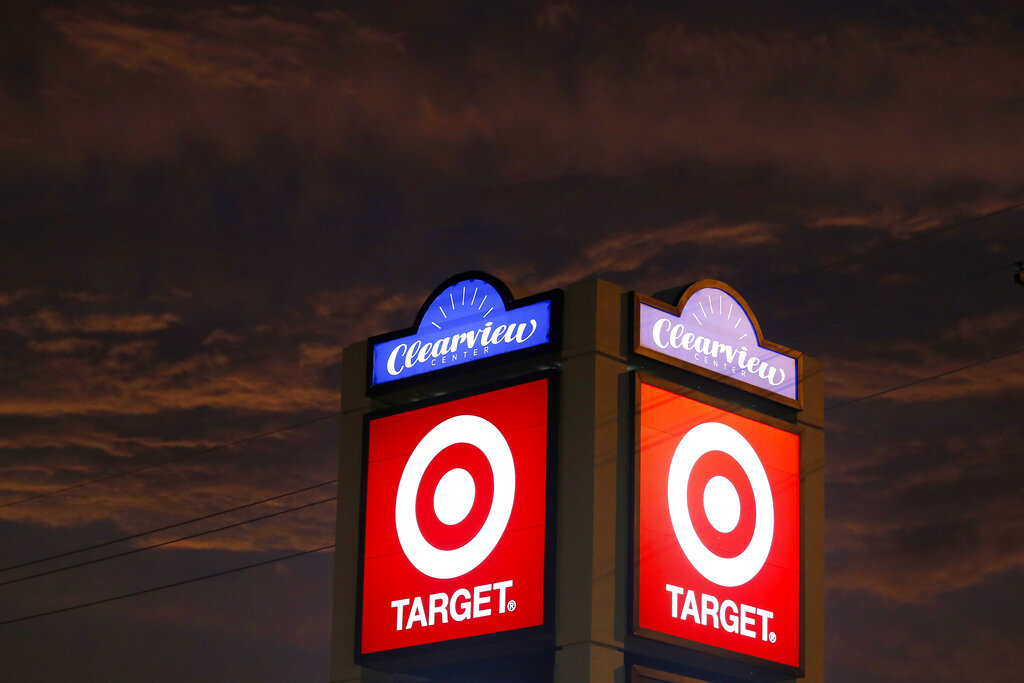With officials saying DoorDash, GrubHub, and Uber Eats are paying workers "far below the minimum wage," New York City wants app-based food delivery workers to be paid $17.96 an hour.
"This pay rate would help lift thousands of working New Yorkers and their families out of poverty," Department of Consumer and Worker Protection Commissioner Vilda Vera Mayuga said in a statement published on NBCNews.com.
The app-based food delivery services, however, warn that this will have "serious adverse consequences for delivery partners, consumers, and independent businesses."
Calling it "a trade off," Yael Ossowski, deputy director at the Consumer Choice Center, agrees that any kind of specific industry increase would be passed along to consumers.

"Do we want consumers using these services? Are consumers using them? Thus far, the numbers tell us yes," he points out. "When it comes to trying to get a different wage category for some of these workers, that means that our cost when we get that food to our door is going to be much higher, and I would think that is very bad for consumers."
Ossowski says the situation has reached this point because legislators often look only at the money people are getting.
"They never really look at the value that consumers get from this," he laments.
Judge Nicholas Moyne delayed enactment of the wage hike pending a July 31st hearing.
Meanwhile, Ossowski says what happens in Manhattan, New York could one day happen in Manhattan, Kansas or some other part of the country.
"Politicians are very much subject to trends, and particularly with a lot of these companies that are delivering food … often times you'll have smaller city councils or state governments that somehow want a cut of that pie," the consumer advocate explains.







